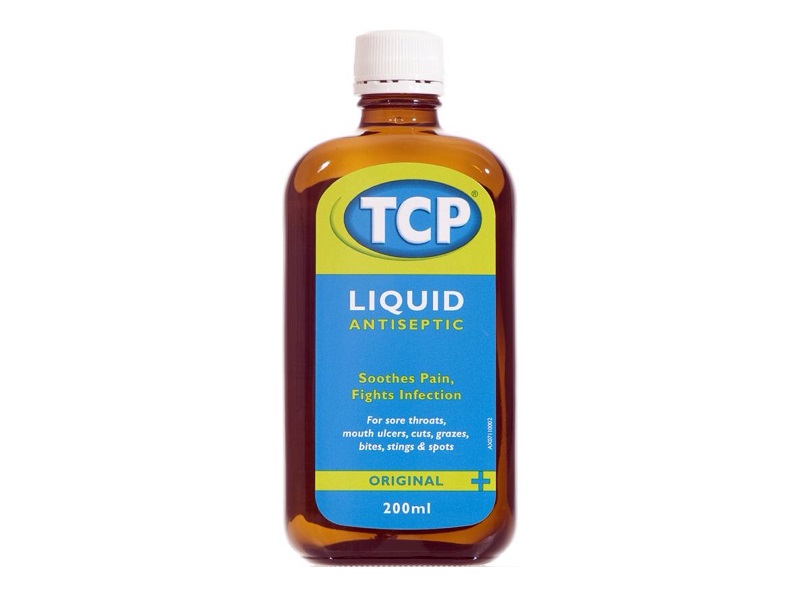Derisking projects: how a focus on TCP (Target – Chemistry – Patient) can help.

We all know drug projects fail – so how can we improve our probability of success?
TCP offers a systematic approach to de-risking projects by asking the right questions at the right time around target, chemistry and patient. For example, T: what are the safety implications of modulating the target? C: What are the likely PK/PD properties and are they compatible with a ‘drug-like’ molecule? and P: What is the current standard of care and the clinical outcome?
To projects who fear ‘bad news’, TCP can sting a little but surely it’s more pragmatic to understand and mitigate risks rather than hope for the best? As originally pointed out by NYC Major Rudy Giuliani, ‘…hope is not a strategy’ just like ‘…change is not a destination’. TCP offers the basis of informed and transparent decision making with optimal line of sight to a successful drug registration. Whether a destination or not, better drug targets, better molecules and improved patient selection is surely a goal we can all aspire to.
Read on for more details…
T: Is it the right Target?
How well do we understand the target and its properties?
Is there good evidence of linkage between the target and the disease condition?
What is the intrinsic variability of the target in the population (stratification?)
Do in silico/in vitro/in vivo models demonstrate likely efficacy?
What are the safety implications of modulating the target (activation or inhibition)?
C: Is it the right Chemistry?
What are the likely PK/PD properties and are they compatible with a ‘drug-like’ molecule?
What is the activity against the target and related targets that may play a role?
Will it formulate for in vivo delivery? Is it stable?
What are the safety risks associated with the chemistry (structural alerts)?
What are the likely secondary pharmacology (off-target) signals?
P: Is it the right Patient population?
What is the intended patient population (disease condition, demography, co-morbidities)?
What is the current standard of care, likely co-medication, dose route and clinical outcome?
What does the epidemiology tell us about the future needs of patients and potential impacts on care providers, budget holders and wider society?
Contact Professor Ruth Roberts at ApconiX or the University of Birmingham where Ruth is the Chair and the Director of Drug Discovery.
TCP is also Liquid Antiseptic Original, manufactured by Laboratories Chemineau. The PL is held by Omega Pharma Ltd.. TCP is a registered trade mark and is instantly recognised by a generation (if not the current generation).





